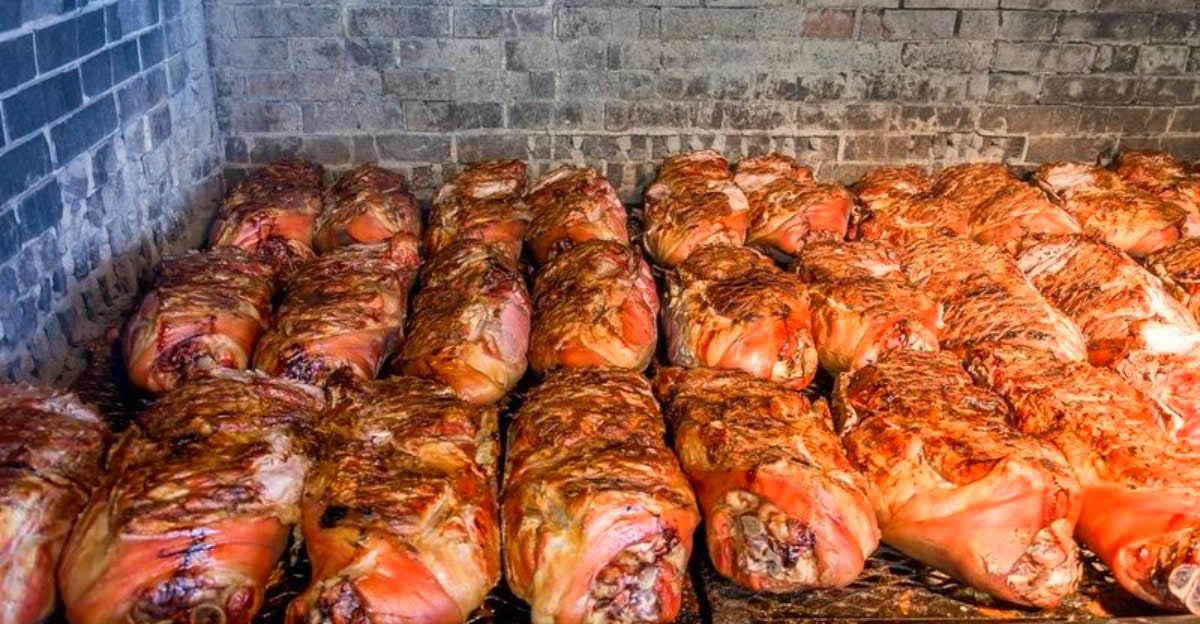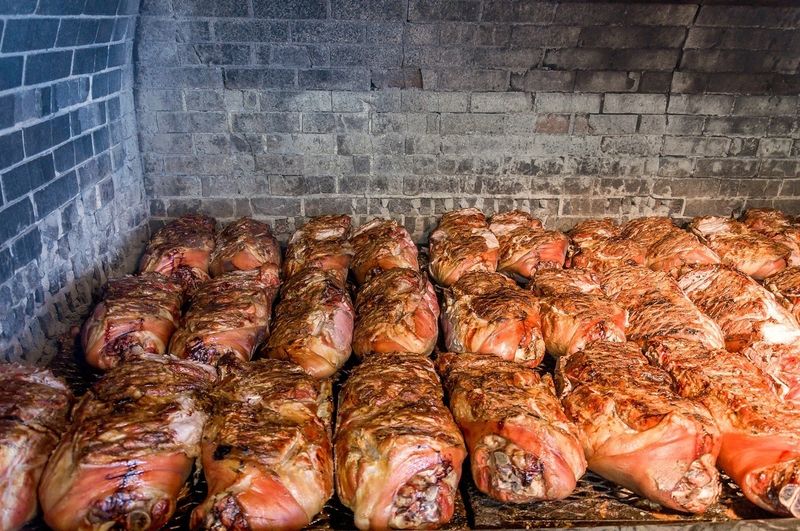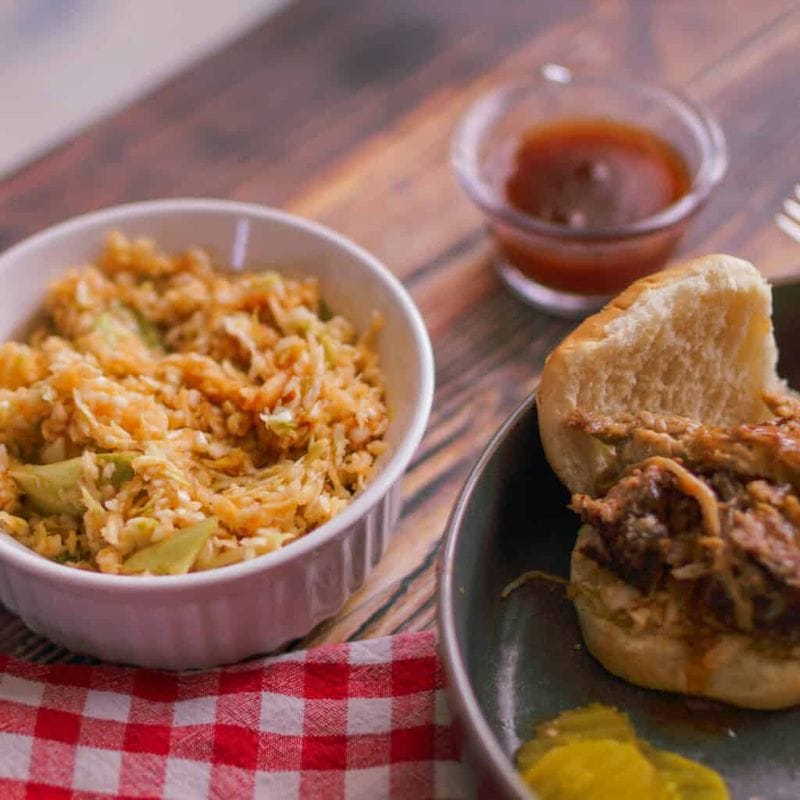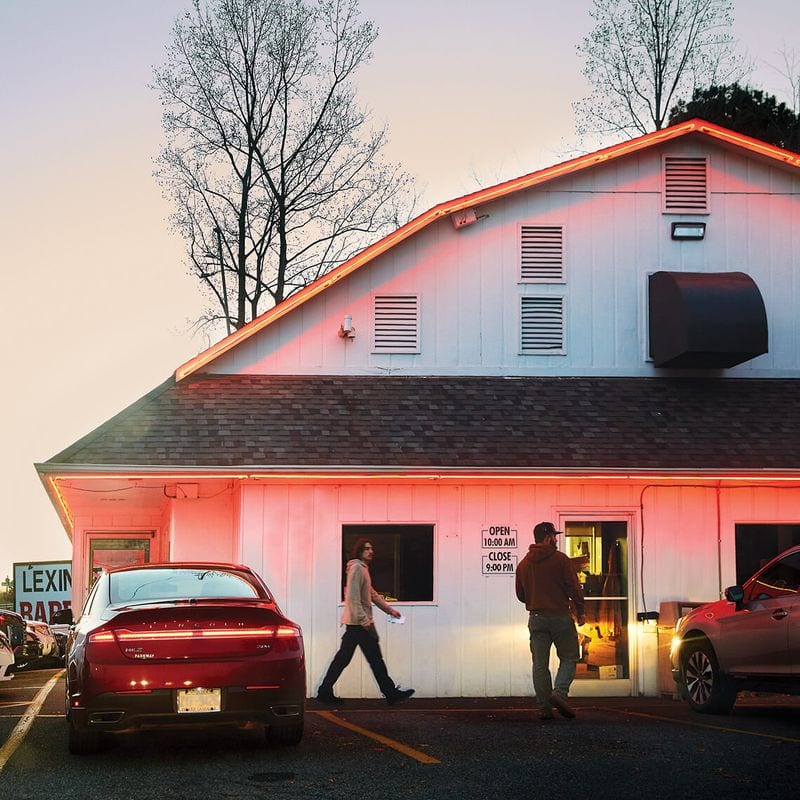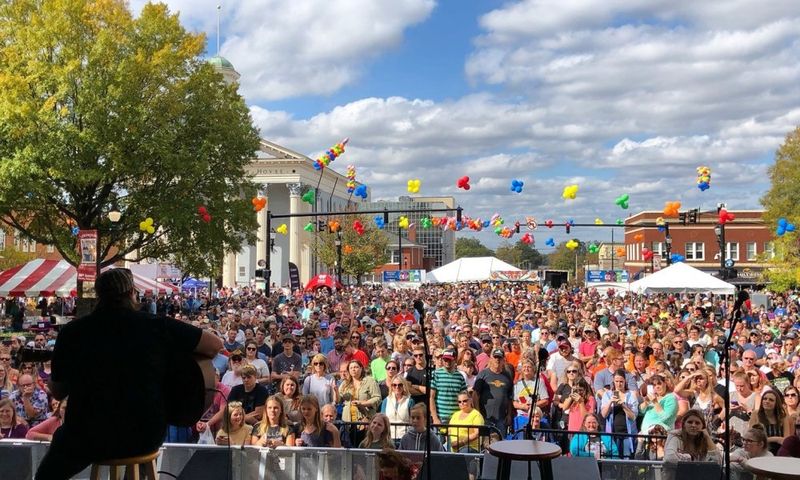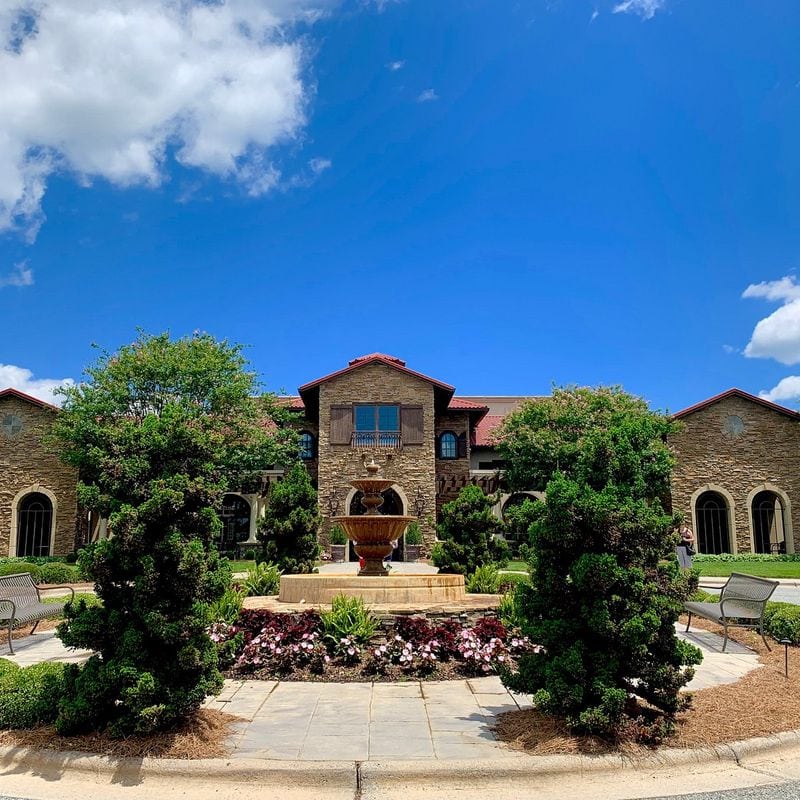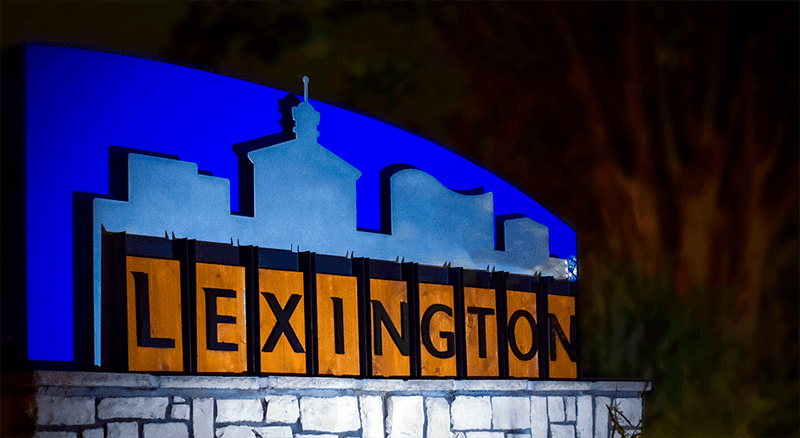Nestled in the heart of North Carolina, Lexington sits conveniently between Winston-Salem and Charlotte, making it an ideal stop for travelers crossing the state. This small town has earned worldwide fame for something seemingly simple yet extraordinarily delicious – barbecue. With more barbecue restaurants per capita than almost anywhere else, Lexington proudly wears its crown as the “Barbecue Capital of the World,” drawing food enthusiasts from across the globe to sample its signature slow-cooked pork shoulder and distinctive red slaw.
Where Barbecue Becomes Culture
Smoke rises from brick pits across Lexington, carrying a century-old tradition that defines this town’s identity. Since 1916, when Sid Weaver first set up his barbecue tent on a corner in Uptown, the art of smoking pork shoulders has evolved into the town’s cultural cornerstone.
What makes Lexington-style barbecue special? It’s all about technique – pork shoulders cooked low and slow over smoldering hickory coals for hours until tender, then chopped (never pulled) to maintain perfect texture. The meat gets dressed with a thin, tangy sauce locals call “dip” – a distinctive blend of vinegar, ketchup, and secret spices.
For Lexington’s 20,000 residents, barbecue isn’t just food; it’s heritage passed through generations, a source of civic pride, and the economic engine that puts their hometown on culinary maps worldwide.
Meet the Stars: Pork, Dip & Red Slaw
The trinity of Lexington barbecue creates a flavor harmony that’s instantly recognizable to aficionados. At its foundation lies perfectly smoked pork shoulder – tender inside with a hint of exterior bark, offering that ideal balance of meat and fat.
The signature “dip” isn’t just a sauce but a culinary statement. Unlike eastern North Carolina’s purely vinegar-based approach, Lexington’s version incorporates ketchup for subtle sweetness alongside the tangy punch. This same dip transforms ordinary cabbage into the town’s famous red slaw – a vibrant side that’s neither creamy nor sweet like traditional coleslaw.
When assembled on a simple white bun or served on a paper tray alongside crispy hushpuppies, these elements create a meal that’s greater than the sum of its parts – unpretentious yet unforgettable.
Iconic Joints That Define Tradition
The Barbecue Center stands as Lexington’s oldest barbecue institution, serving hungry customers since 1955. Family-owned for generations, it maintains strictly traditional methods – no gas or electric cookers allowed, only genuine hardwood smoke. Their legendary banana split (with a pound of ice cream!) offers sweet balance to savory meals.
Across town, Lexington Barbecue (affectionately called “The Monk” by locals after founder Wayne Monk) has earned national acclaim since opening in 1962. The simple white building with red trim draws lines of patient customers, including celebrities and politicians making pilgrimages for authentic taste.
Smaller establishments like Bar-B-Q King and Speedy’s add their own character to the town’s barbecue landscape, each maintaining slight variations in chop texture or dip recipe while honoring the fundamental tradition.
A Festival That Feeds the Soul
Every October, Lexington transforms its main street into barbecue paradise during the annual Lexington Barbecue Festival. What began in 1984 has grown into one of the South’s premier food celebrations, drawing upwards of 200,000 hungry visitors to this town of just 20,000 residents.
For one glorious day, traffic stops as nine blocks of Uptown become a pedestrian-only celebration. Over a dozen local barbecue restaurants set up serving stations alongside hundreds of craft vendors, multiple music stages, and quirky attractions like the “Tour de Pig” cycling race and massive pig-shaped sand sculptures.
The festival’s economic impact exceeds $5 million annually, but locals value something more precious – the chance to showcase their culinary heritage on a grand stage. In 2012, the U.S. House of Representatives officially recognized the event as “the official Food Festival of the Piedmont Triad region of North Carolina.”
More Than Just BBQ
“Come for the barbecue, stay for everything else” could be Lexington’s unofficial tourism slogan. While smoked pork shoulders put this town on the map, visitors discover a charming community with diverse attractions beyond its famous food.
History buffs appreciate the Davidson County Historical Museum housed in an elegant 1858 courthouse, where exhibits trace the region’s evolution from Native American settlement through textile boom years. Outdoor enthusiasts find sanctuary at nearby High Rock Lake – North Carolina’s second-largest – offering 225 miles of shoreline for fishing, boating, and waterfront relaxation.
The surrounding countryside reveals another surprise: vineyards. The Childress Vineyards, founded by NASCAR team owner Richard Childress, anchors a growing wine scene with award-winning vintages and a Tuscan-inspired tasting room that provides sophisticated counterpoint to the town’s rustic barbecue tradition.
A Perfect Pit-Stop on the Piedmont Loop
Strategically positioned halfway between Winston-Salem (20 miles northeast) and Charlotte (60 miles southwest), Lexington offers the ideal breakpoint for travelers crossing North Carolina’s Piedmont region. Interstate 85 delivers visitors directly to this barbecue haven, making spontaneous detours deliciously simple.
Morning visitors might start at Southern Lunch for classic breakfast before hitting barbecue joints for lunch. Afternoons invite exploration of Uptown’s boutiques and galleries, while evenings bring opportunities for lakeside sunset views or wine tasting at nearby vineyards.
The town’s compact size means everything remains accessible – most barbecue landmarks sit within minutes of each other, allowing culinary comparisons without complicated navigation. Whether planning a dedicated food pilgrimage or seeking authentic local flavor during a longer journey, Lexington rewards travelers with a taste of North Carolina’s soul that lingers long after the last bite.
